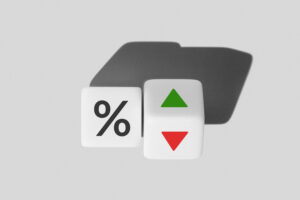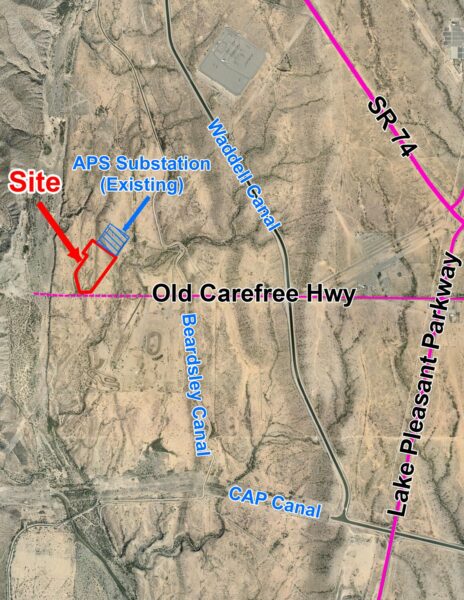
By Caroline Kane | Forbes
When looking for new ways to grow a multifamily investment portfolio, new ventures sometimes can be found in the unlikeliest of places. Qualified opportunity zones, for example, are designated by a federal tax incentive program as “designed to spur economic development and job creation in distressed communities throughout the country and U.S. possessions by providing tax benefits to investors who invest eligible capital into these communities.”
Here are three things to consider before committing to an investment in multifamily properties located in opportunity zones:
1. Qualified Opportunity Funds And Tax Benefits
A qualified opportunity fund (QOF) is the investment vehicle that the investor uses when investing in an opportunity zone. These QOFs have tax benefits for investors. For example, by investing in a QOF, the investor gains the ability to defer taxes from the sale of any asset, including stocks, so long as the proceeds resulting from the capital gains are reinvested into the QOF within 180 days. Additionally, if the investor holds the QOF for at least 10 years, then all of the tax attributable to the gains of the QOF is completely eliminated if the QOF is sold.
“It is important for any real estate investor to assemble a team to help the investor get the deal done. Opportunity zone investments are no different, except the investor should add another professional to the team – the opportunity zone advisor.” ~ Dan Gauthier











